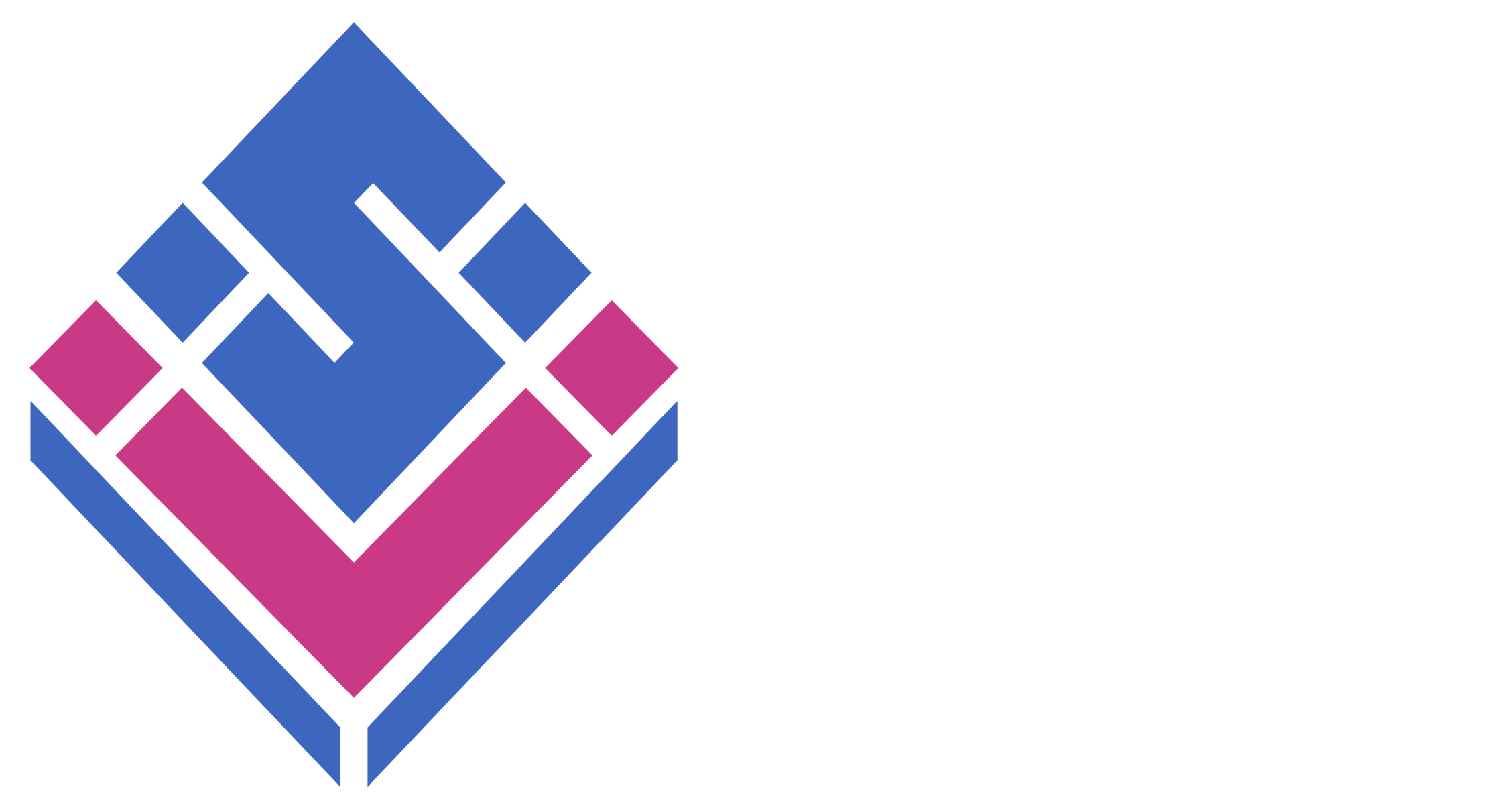Plagiarism is the wrongful appropriation, stealing, and publication of another author’s language, thoughts, ideas, or expressions, while falsely representing them as original work. It is widely recognized as a form of academic dishonesty and a breach of journalistic ethics.
In academia and research, plagiarism is a serious ethical offense that can lead to sanctions, penalties, suspension, or even expulsion. Although plagiarism is not always a legal offense, it can lead to copyright infringement, depending on the nature of the work. While copyright infringement is punishable by law, plagiarism is usually governed by institutional policies and addressed by educational institutions, professional organizations, and publishing entities.
Types of Plagiarism
Self-Plagiarism – Republishing one's own work without proper citation.
Mosaic Plagiarism – Reusing phrases or ideas from different sources without proper acknowledgment.
Accidental Plagiarism – Failing to cite sources correctly due to negligence.
How to Avoid Plagiarism?
To maintain the integrity of research and academic work, authors should take the following measures: Use Plagiarism Detection Software – Check your content using plagiarism-checking tools before submission.Seek Expert Review – Have your paper reviewed by experts to ensure originality and accuracy.
Create Original Content – Always ensure your work is unique and properly referenced.
Our Policy on Plagiarism
Scribium strictly prohibits plagiarism and considers it a serious violation of scientific ethics. Any detected or reported instances of plagiarism—whether in a manuscript under review or a published paper—will be dealt with seriously. We work closely with our Editors, Editorial Board, and Reviewers to uphold publication ethics and maintain research integrity.
